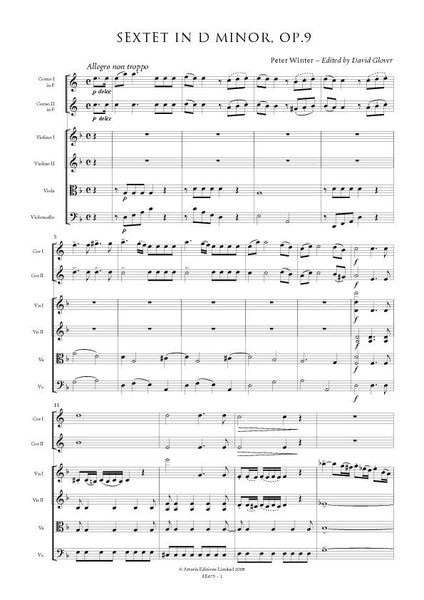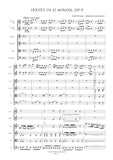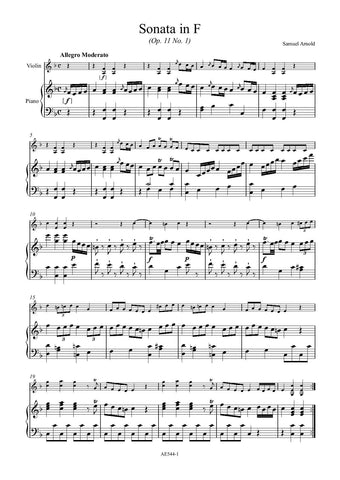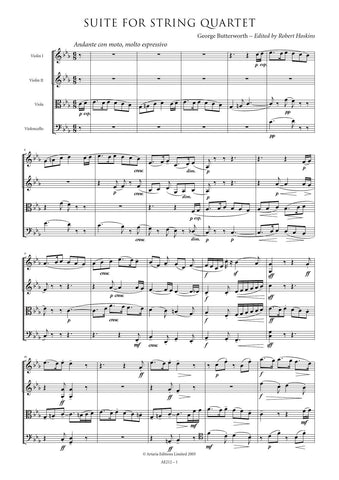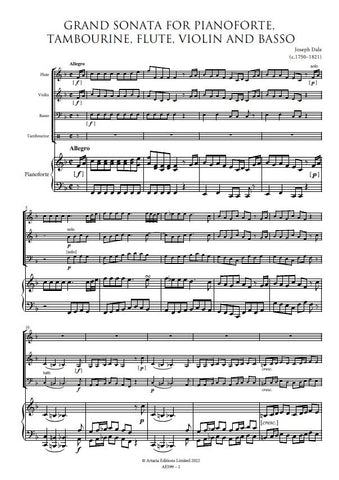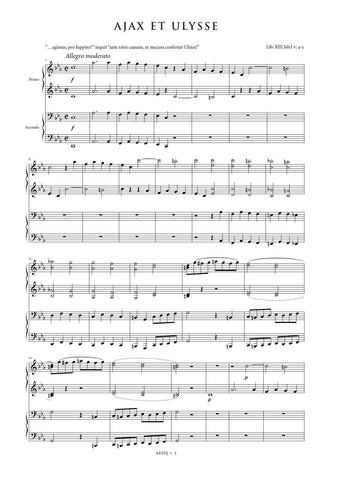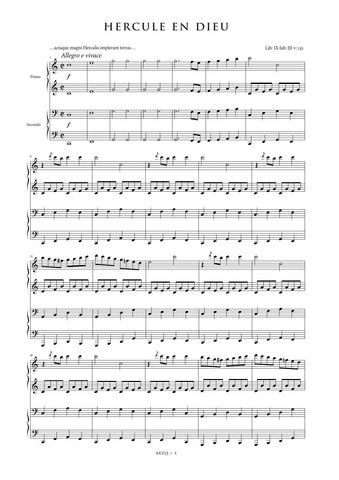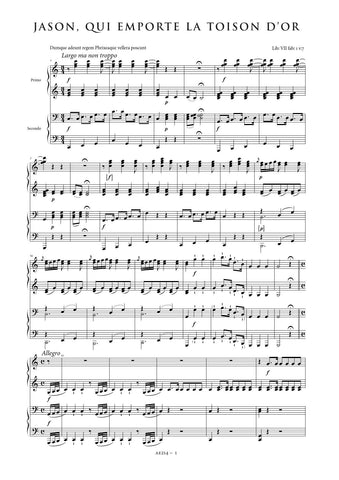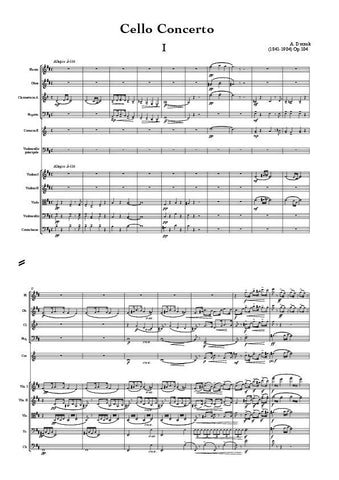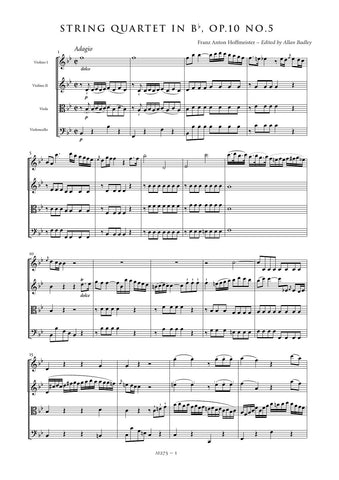Description |
Winter, Peter (1754-1825)
|
||||||||||||||||||||
Details |
Peter Winter (1754-1825) is best known as an opera composer. Growing up at the Mannheim court, Winter was able to study with many of the court musicians although his formal composition studies seem to have been minimal. After the electoral court moved to Munich, Winter became director of the orchestra there. Unstable economic and political conditions in Munich reduced the demand for music at home and allowed him to compose operas for major centres such as Vienna, Milan, Paris, and London. Winter's major chamber works include ten quartets, four quintets, three sextets, a septet and an octet. These works fall into two groups. The first comprises works characterized by a melody-dominated texture, where the melody is assigned to a single instrument, usually the violin. The virtuosic nature of some of these works points to their having been composed for specific performers. The second group is written in a conversational style and includes some of the string quartets, the op. 6 string quintets, the sextets, the Septet and the Octet. Many of the larger works in this group include substantial parts for the horn, an instrument of which Winter was particularly fond. The Sextet in D minor, published in 1803, is an arrangement of the String Quintet in D minor, published the previous year. The rescoring consists of adding two horn parts at the expense of one viola part; the violas' melodies are taken over by the horns while much of the violas' non-melodic material disappears or is rewritten to fit the remaining, now subordinate, viola part. The resulting horn parts are unusually substantial, the horns introducing both the first and second theme groups in the first movement. Most of the other melodic material continues to reside with the first violin, while the second violin and violoncello parts remain largely unchanged. |
Loading...
Error




